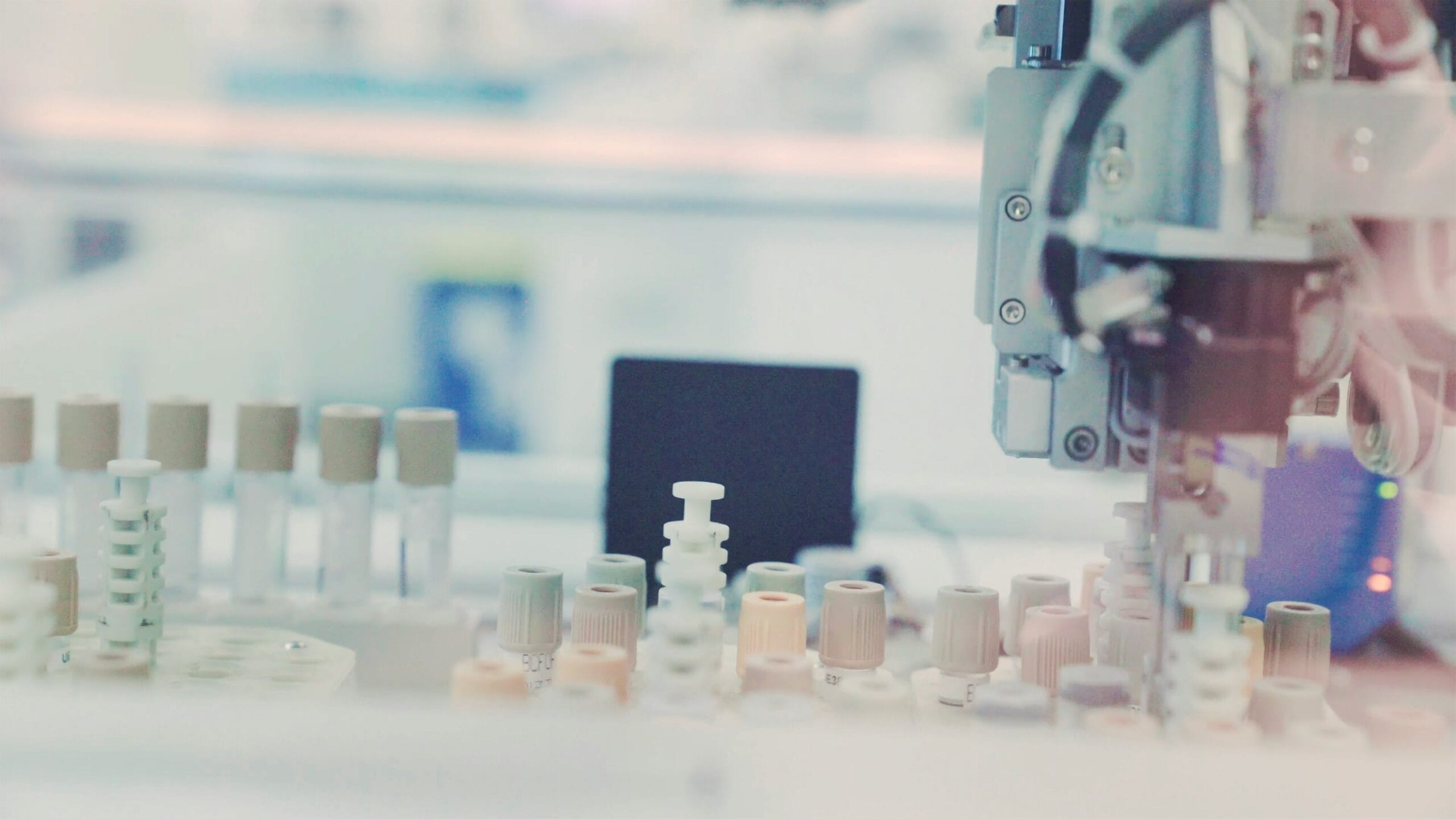Telemedicine and At-Home Health Monitoring: A New Era of Accessible Healthcare
As technology continues to evolve, telemedicine and at-home health monitoring have become essential tools in making healthcare more accessible and convenient for consumers. From the ability to test for vitamin deficiencies at home to tracking key health metrics like cholesterol levels and blood pressure, these advancements are empowering individuals to take charge of their own health. The rise of these digital health services reflects a broader trend toward remote healthcare, enabling people to manage their health from the comfort of their homes.
The Rise of Telemedicine: A Convenient Solution for Healthcare
Telemedicine has grown rapidly in popularity, offering individuals a convenient way to consult with healthcare providers without the need for in-person visits. This shift to virtual consultations allows patients to connect with doctors and specialists through video calls or phone consultations, making healthcare more accessible, especially for those in rural or underserved areas. Telemedicine is particularly valuable for managing chronic conditions, follow-up appointments, and general check-ups, reducing the need for long commutes and wait times. The ease of scheduling and reduced costs associated with telemedicine are driving its adoption as a permanent part of modern healthcare systems.
At-Home Diagnostic Tools: Monitoring Health from Home
Alongside telemedicine, at-home diagnostic tools have emerged as a popular way for consumers to keep track of their health. These tools range from cholesterol test kits to blood pressure monitors and glucose meters, allowing individuals to monitor critical health markers without leaving their homes. In addition to tracking chronic conditions, many consumers are using at-home tests to detect vitamin and mineral deficiencies, monitor immune system health, and manage cold and flu symptoms. This level of convenience allows for continuous monitoring, helping individuals catch health issues early and make informed decisions about their treatment.
Empowering Patients with Real-Time Data
The advent of wearable technology and mobile health apps has further enhanced the ability of consumers to monitor their health in real-time. Devices like fitness trackers and smartwatches provide valuable insights into a user’s heart rate variability, sleep patterns, and stress levels, offering actionable data that can be shared with healthcare providers during telemedicine appointments. This empowers patients to take a more proactive approach to their health, as they can make lifestyle changes based on the feedback they receive from these devices. The integration of biometric data with healthcare systems is improving patient outcomes and encouraging preventive care.
Reducing Barriers to Healthcare Access
One of the most significant benefits of telemedicine and at-home health monitoring is the reduction in barriers to healthcare access. For individuals who have difficulty accessing in-person care due to geographical limitations, mobility issues, or the high costs associated with traditional healthcare, telemedicine offers a more inclusive solution. Additionally, at-home diagnostic tools eliminate the need for frequent trips to the doctor, enabling people to manage conditions like hypertension or diabetes independently. These innovations are particularly beneficial for aging populations and those with limited mobility, ensuring that everyone has access to quality healthcare services.
The Role of AI and Machine Learning in Digital Health
Artificial intelligence (AI) and machine learning are playing a significant role in enhancing telemedicine and at-home health monitoring. AI-driven diagnostic tools can analyze data from wearable devices, home test kits, and telemedicine consultations to provide accurate predictions and personalized treatment plans. For example, AI can detect patterns in health data that may signal the early onset of chronic conditions, allowing for timely intervention. Machine learning algorithms are also being used to improve the accuracy of at-home tests, making them more reliable and user-friendly.
The Future of Healthcare: Digital and Accessible
As telemedicine and at-home health monitoring continue to evolve, they are expected to play an even greater role in the future of healthcare. With advancements in technology, consumers will have access to more sophisticated at-home diagnostic tools, and telemedicine platforms will become increasingly integrated with traditional healthcare systems. The use of AI and biometric data will further personalize healthcare, offering individuals more control over their well-being and ensuring that they receive the right care at the right time.
In conclusion, the rise of telemedicine and at-home health monitoring is transforming the way healthcare is delivered, making it more accessible, convenient, and patient-centered. These innovations empower individuals to take control of their health, reduce barriers to care, and improve overall health outcomes. As technology continues to advance, the integration of digital health tools into everyday life will only increase, shaping the future of healthcare for the better.










